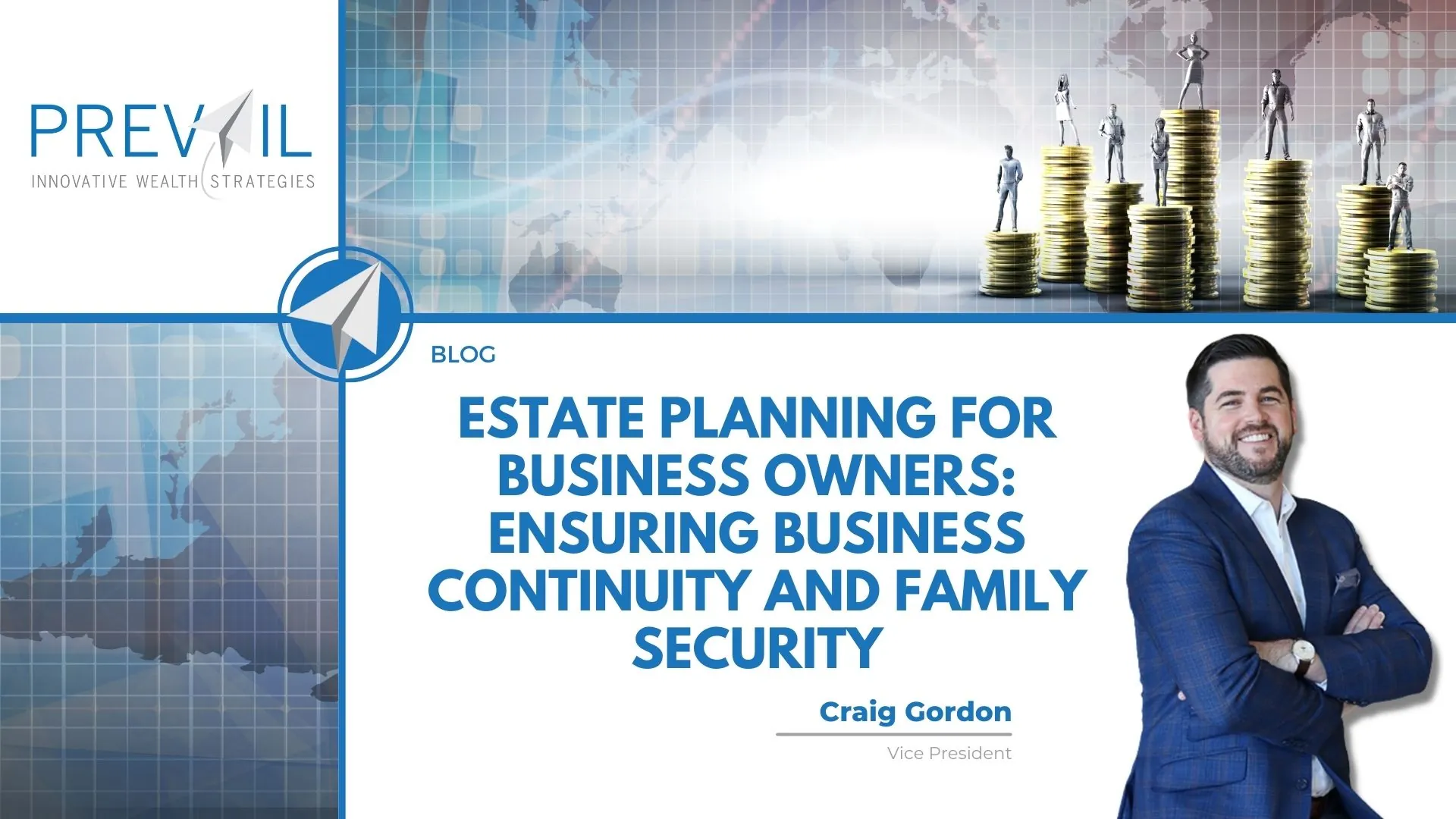Unique Estate Planning Needs of Business Owners
Estate planning is a critical aspect of financial planning that often takes center stage when we think about securing our family’s future. However, for business owners, estate planning comes with unique complexities and challenges that require careful consideration. In this article, we will delve into the specific estate planning needs of business owners and explore strategies to ensure business continuity and family security.
Succession Planning: Strategies for passing on the business
Succession planning is at the heart of estate planning for business owners. It involves making decisions about how your business will be passed on when you retire, become incapacitated, or pass away. There are several strategies to consider:
Family Succession:
Many business owners aspire to keep the business within the family. Succession planning involves grooming the next generation and ensuring a seamless transition.
Selling to a Third Party:
Some business owners opt to sell their businesses to external buyers. This requires meticulous planning to maximize the sale value and ensure a smooth transition.
Transitioning to Key Employees:
Identifying and training key employees who can take over the business is another option. This approach often involves a gradual ownership transfer and buy-in.
Buy-Sell Agreements:
Buy-sell agreements are legal contracts that outline what happens when a business owner departs the company. They are crucial in estate planning for business owners for several reasons.
-
Maintaining Control:
Buy-sell agreements can specify who can buy the departing owner’s share, preventing unwanted individuals from gaining control.
-
Setting Valuation Terms:
Buy-sell agreements establish a mechanism for valuing the business, and preventing disputes among shareholders.
Valuing Your Business: Methods for business valuation in estate planning
To plan effectively, business owners need to determine the value of their business. Several methods can be employed for business valuation.
-
Market Approach:
This method looks at recent sales of similar businesses in the market.
-
Income Approach:
It assesses the business’s ability to generate income and its future cash flows.
-
Asset-Based Approach:
This approach focuses on the net value of the business’s assets and liabilities.
It’s important to regularly update business valuations to reflect changing market conditions and business performance.
Conclusion
The importance of tailored estate planning for business continuity and family security
In conclusion, estate planning for business owners is not a one-size-fits-all endeavor. Succession planning, buy-sell agreements, and business valuation are critical components that demand careful consideration. Tailored estate planning is not just about preserving wealth; it’s about ensuring the continuity of your business and the financial security of your family.
By understanding the unique needs of business owners and consulting with legal and financial professionals experienced in this area, you can create a comprehensive estate plan that protects your legacy and provides peace of mind for you and your loved ones. Estate planning may be complex, but with the right guidance and strategies, you can navigate these challenges effectively, leaving a lasting legacy for generations to come.
Schedule a Strategy Session
Consult with a qualified financial advisor to get started on your asset protection journey today.

















